I'm tired of the Internet rhetoric surrounding the 2016 Presidential election. In particular, it's become a reflex for people to label a candidate they oppose as 'the next Hitler.' There's even a book about it.
It's lazy, historically ignorant, and trivializes the real suffering the Nazi regime inflicted on the world.
But if you must go that route, you may as well keep it fresh. For each of the remaining candidates, I've chosen a figure of the Third Reich who better illustrates why you think he/she is evil. It's about time somebody elevated the 'dialogue.' Have fun!
Hillary Clinton
Best compares to...
Albert Speer, Minister of Armaments and War Production.
Speer's primary responsibility was the industrial logistics of the Nazi war machine. This role involved him in every major military and political initiative, including the Holocaust and war crimes against civilians in occupied territories.
After the war, he downplayed his culpability, and only served 20 years in prison before retiring on the proceeds of his best-selling memoirs. He even enjoyed a fraudulent reputation as 'the Good Nazi.'
Hillary Clinton's political life is defined by scandals (Whitewater), tragic embarrassments (Benghazi), or pragmatic decisions that became liabilities (supporting the invasion of Iraq in 2003). Like Speer, she has spent her time out of office trying to forget or at least ignore her past.
Bernie Sanders
Best compares to...
Heinrich Himmler, Reichsführer-SS
As leader of the SS, Himmler was second only to Hitler in the chain of command which directly organized the death camps. Criminal organizations under him included the Gestapo, the Einsatzgruppen, and the SD amongst others.
In other words, he was a big government guy, who pursued a sweeping ideological agenda regardless of its practicality. Particular areas of interest were racial issues, police reform, and wresting control of the nation from big business... Wait, am I still talking about Himmler?
Bernie's platform is a little different in the specifics, but he thinks about the role of government in a similar way.
Furthermore, they share a talent for populist mobilizing. The signature elements of the Sanders campaign are its small donors and aggressive grassroots work. Similarly, Himmler's recruiting was critical in filling the ranks of the SS, turning it from a small party organ, to a pervasive force in German society.
Donald Trump
Best compares to...
Hermann Göring, Reichsmarschall
Göring was blustering, ostentatious, and militant. Less ideological than many of his colleagues, he would do or say just about anything to further his position within the Reich. Aside from the trucker cap, his political persona was not that different from Donald Trump's.
Like Trump, Göring was not taken seriously in political or military circles. His crass personal style and limited experience proved off-putting to diplomats, soldiers, and many senior Nazis.
Göring's fortunes rose and fell with his primary command, the Luftwaffe. From 1939-1940, smashing victories solidified his position within the Reich. As the war progressed, he proved incapable of the complex strategic and operational functions of his command. This was a major factor is the Wehrmacht's defeat, as well as his fall from favor.
A similar arc befell Donald Trump's Atlantic City casinos. Once among the great American gambling outfits, years of poor management and declining revenue forced him to sell the business. Today, the Trump Taj Mahal and Trump Plaza Hotel and Casino are both closed.
Ted Cruz
Best compares to...
Alfred Rosenberg, Reichsminister (various functions)
Rosenberg was a severe, ideological purist whose 1930 book
The Myth of the 20th Century provided the formal outline of Nazi racial theory. His uncharismatic, 'intellectual' demeanor kept him out of public view and confined to relatively minor offices.
Similarly, Ted Cruz may be the most forgettable personality in this race. He brands himself as a pure conservative; so much so as to alienate many fellow Republicans.
Rosenberg ideas were also controversial within his party. Hitler thought little of
20th Century, as did Goebbels and Göring. Like Ted Cruz, he was most valuable for his aggressive rhetoric.
John Kasich
Best compares to...
Paul von Hindenburg, President of Germany (1925-1934)
Hindenburg was a conservative monarchist, not a Nazi. In 1932, he ran for reelection as President despite his age and poor health. His only purpose was to oppose Adolf Hitler.
Despite his intentions, he was too sick and feeble to resist the Nazi's growing influence. His last year in office was spent rubber-stamping Hitler's consolidation of power. Nonetheless, he served to delay some of the party's most virulent anti-semitic reforms.
In this way, John Kasich is a well-meaning, respected moderate with little role besides speed bump in the rise of an electrifying rabble-rouser.
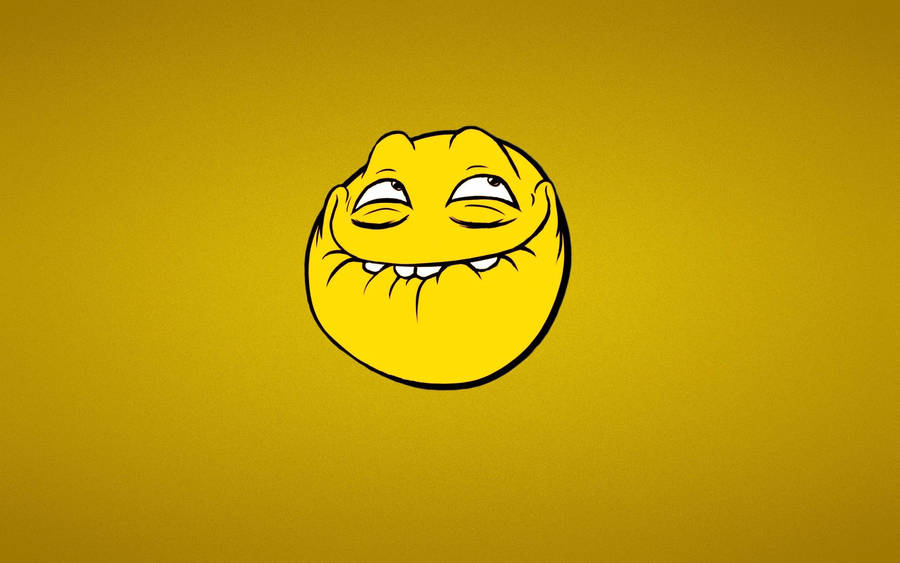

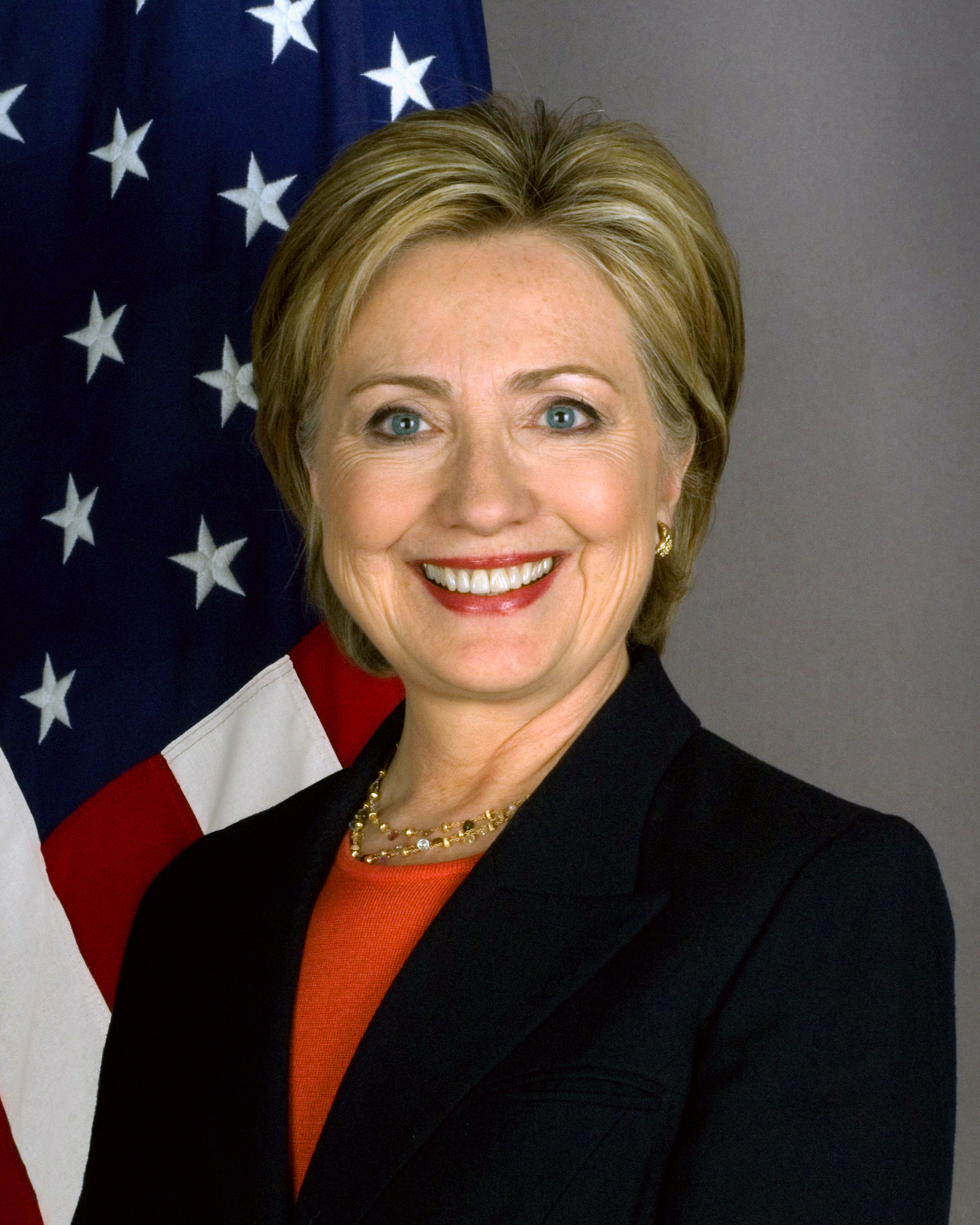
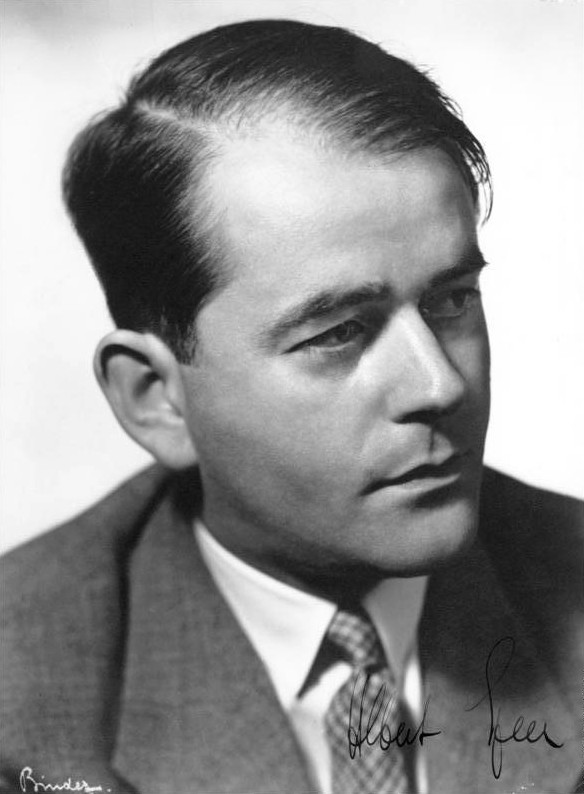

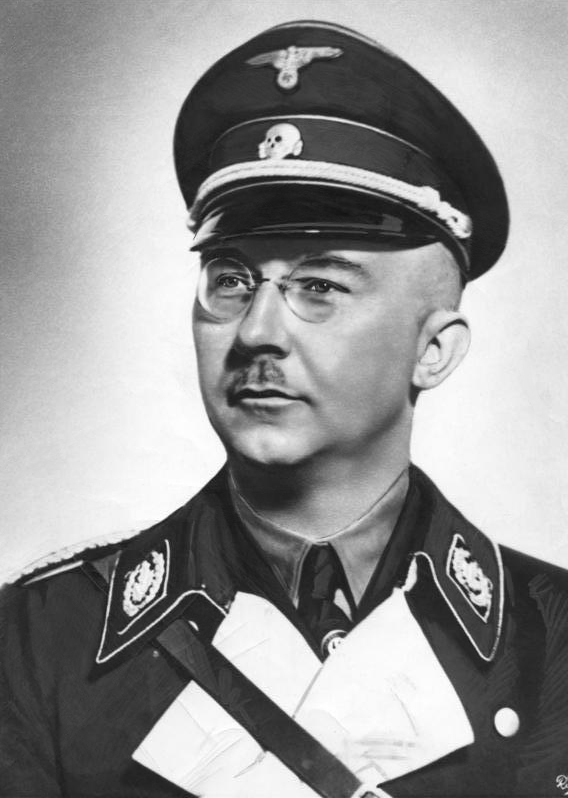
.jpg)


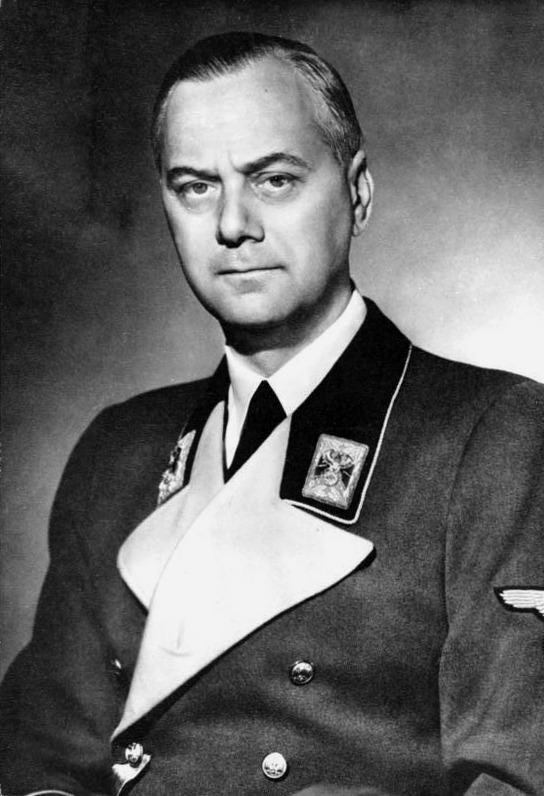
.jpg)
